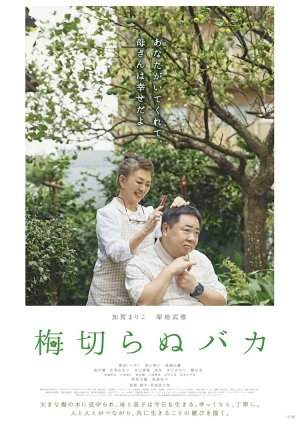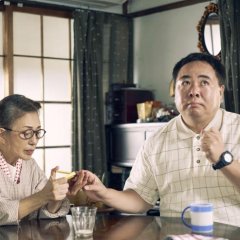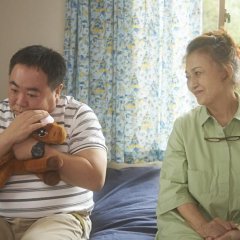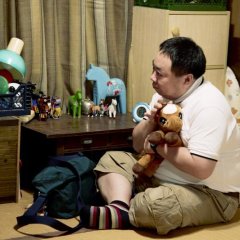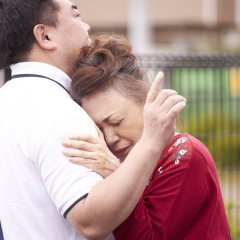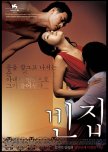Tamako is a popular fortune teller who lives with her adult son, Tadao, due to his intellectual disability and autism. While he does spend time at a workshop designed to help him develop the ability to live independently, neighbours still complain about his unpredictable behaviour. When Tamako is informed that a room is available in a group home owned by the workshop, she decides that this is Tadao’s best option. However, moving out is not easy for Tadao. (Source: genkinahito.wordpress.com) ~~ Release dates: Jun 11, 2021 (Festival) || Nov 12, 2021 (Cinema) Edit Translation
- English
- 中文(台灣)
- magyar / magyar nyelv
- עברית / עִבְרִית
- Native Title: 梅切らぬバカ
- Also Known As: Ume Kiranu Baka , Umekiranu Baka
- Genres: Life, Drama
Where to Watch The Lone Ume Tree
Subscription
Subscription (sub)
Cast & Credits
- Kaga MarikoYamada TamakoMain Role
- Tsukaji MugaYamada TadaoMain Role
- Watanabe IkkeiSatomura ShigeruSupport Role
- Moriguchi YokoSatomura EikoSupport Role
- Saito TaiyoSatomura SotaSupport Role
- Hayashiya ShozoOtsu SusumuSupport Role
Reviews

Acceptance of difference and problems caused by those quick to judge
Cho-san has both learning disabilities and autism, needs his routines and works in a supported facility. He also has a great mum and difficult neighbours.Every bit of this rings true with my experience working and volunteering with people with learning disabilities, including the complicated decisions aging parents make to ensure their sons and daughters are settled.
Please don't watch this to be heart-warmed. Please watch this to better understand a bit more of the extra difficulties so unnecessarily created by those who see difference and look for reasons to condemn.
(The tags currently include mental illness. There is no mental illness depicted in this film. The distress felt by Cho-san and some of the housemates when confronted by loud noises, angry neighbours or disruption to their routine is part of their learning disabilities, not mental illness. These are distinct things.)
Was this review helpful to you?

It's never sentimental about it; there's no pathos at all. It just shows the people as the are. It also never tries to explain what people are thinking or feeling, why they act the way they do -- which is especially exceptional for Chu-san. I can imagine that a lesser film would try to explain him to the "normal" people (i.e. the ausidence), either directly or through the mouth of a character.
This film does neither. It shows us how Chu-san lives his life, what is important to him and where he clashes with the world, who shows no sympathy for him at all; with the exception of the son of the neighbour family.
Following the way the story is told -- unsentimental, but with great sympathy -- the acting and editing stays natural and even understated throughout.
If you can watch this film, then I recommend you to do so!
Was this review helpful to you?
Recommendations
There have been no recommendations submitted. Be the first and add one.

